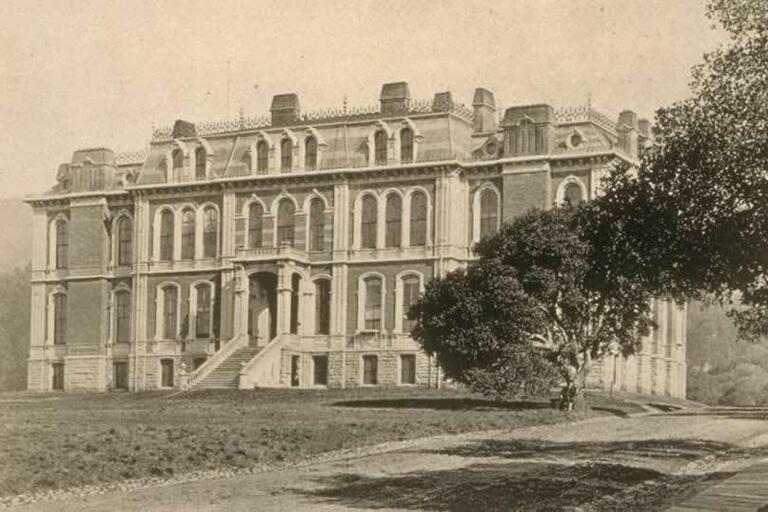
Michael Charles Williams, undated photograph taken at UC Berkeley. (Photo courtesy College of Chemistry)
It is with great sadness that we announce the passing of Michael Charles Williams, a longtime member of the Chemical and Biomolecular Engineering (CBE) faculty in the College of Chemistry on January 2, 2021. He was 83 years old.
Williams was the first long-term faculty hire for the department in the area of polymers becoming an assistant professor in 1965. He received his Ph.D. in chemical engineering at the University of Wisconsin, working with Robert Bird, senior author of the path-breaking Transport Phenomena book, on modeling polymer flow. Williams became interested in the molecular underpinnings of polymer rheology. He spent a post-doctoral year studying polymer chemistry with Marshall Fixman at the University of Oregon’s Institute for Theoretical Science.
At Berkeley, he worked on both continuum and molecular models for polymer rheology, mechanisms of drag reduction by polymers, and enhancement of pool boiling with polymeric additives. Later on he started research on blood damage in shear flow at non-physiologic surfaces, as in extracorporeal assist devices. He was also an exceptional teacher and mentor and received the campus Distinguished Teaching Award in 1988.
During his tenure at UC Berkeley, he was responsible for writing the Gilman Hall Newsletter, an "insider" magazine on the going ons in the CBE department. Ironically, these newsletters, became a wealth of information for C. Judson King's A History of Berkeley Chemical Engineering: Pairing Engineering and Science which was published in 2020.
In 1990, Williams moved to a faculty position at the University of Alberta. In total, Williams academic career spaned 37 years. He was awarded the Mason Award, from the Canadian Society of Rheology in 2001. Commencing in 2000, has was a visiting professor at Kasetsart University and Chulalongkorn University in Bangkok, Thailand. He became professor emeritus in 2002.
He published more than 150 research publications. His research was primarily focused on polymer rheology--non-Newtonian and viscoelastic liquid models (continuum and molecular) and property measurements on solutions, melts, and gels. Fluid mechanics problems relevant to polymer melt processing were also addressed. Other important fluids studied rheologically included blood, coal suspensions, and fluidized beds. A major effort involved the study of block copolymers, initially directed toward the thermodynamics of their microphase separation transitions and microstructure development and then moving on toward their rheology.
Williams was also interested in biomaterials' (polymers) connection with blood compatibility, the use of polymer additives in airplane fuel to promote fire safety, the deposition of aerosol coatings on crop leaves to retard transpiration water loss, modelling the flow of sickle erythrocytes in capillaries, the chemistry (including polymerization) of hydrocarbon gas plasmas in wire chambers, and the properties of multiphase polymer blends.
In later research he looked at polymer composites, with focus specifically on long-fibre reinforcement (glass, or carbon) and improvements in fibre/polymer bonding.
About the celebration for Michael
A Celebration will be held on Sunday, January 24th starting at 12:30 pm PT (1:30 pm MT/ 3:30 pm EST). The Celebration will be 60-90 minutes in length.
Michael’s obituary is available at his Memorial Page.


